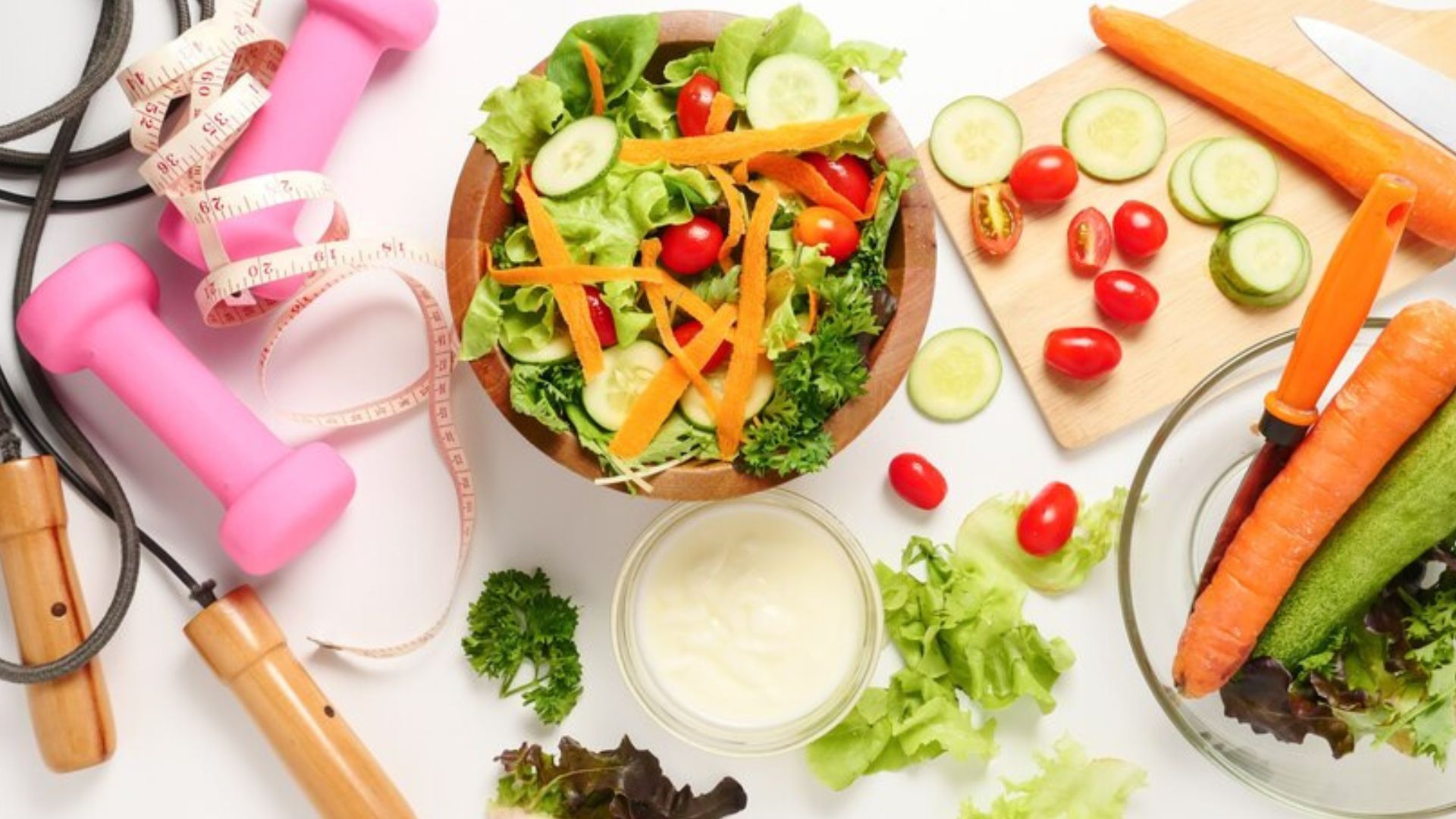What to Eat Before and After a Workout: Real Talk for Real Results

Let’s get straight to it. You’ve laced up your shoes, queued your playlist, and you’re ready to move. But then the question hits: “What should I eat before and after this workout?” If you’ve ever been confused about the whole pre- and post-workout food thing, you’re not alone.
I’ve been there—eating too little before a workout and feeling like I hit a wall halfway through. Or stuffing myself too much and regretting it during that first set of squats. Finding the right balance can take a bit of trial and error, but when you figure it out? Total game changer.
Here’s what’s worked for me (and others I’ve talked to) when it comes to fueling up and refueling smartly—without overthinking it.
Before Your Workout: Light, Simple, and Just Enough
When it comes to pre-workout food, think fuel. You don’t want to be stuffed, but you don’t want to be running on empty either—especially if you’re doing anything intense like strength training, running, or HIIT.
When to Eat Before a Workout:
Try to eat 30 to 60 minutes before you start. If your workout is early in the morning, even a small bite is better than nothing. Your body will thank you.
What to Eat Before a Workout:
Keep it light, easy to digest, and balanced.
Here are a few things that work well:
- A banana with a spoonful of peanut butter – Quick, easy, and just enough to keep you going.
- Greek yogurt and a few berries – Light on the stomach but has a nice mix of protein and natural sugar.
- A slice of whole grain toast with almond butter – Not too heavy, but enough to power you through.
- A handful of oats with a little honey or fruit – If you’ve got 45–60 minutes to digest, oats are a great go-to.
What to avoid?
Greasy, heavy meals or too much fiber. Trust me—you don’t want to be mid-crunch regretting that spicy breakfast burrito.
After Your Workout: Rebuild and Refuel
So you’ve crushed your workout. Nice. Now it’s time to help your body recover, and that means food. Your muscles just worked hard, and they need something to repair and rebuild.
When to Eat After a Workout:
The sweet spot is within 30 to 60 minutes post-workout. You don’t need to rush straight to the kitchen, but don’t wait too long either.
What to Eat After a Workout:
Think protein and carbs—your recovery duo.
Here are a few go-to combos that are easy, satisfying, and realistic:
- Eggs on whole grain toast – A classic. Quick protein, steady carbs.
- Protein smoothie with fruit and nut butter – Perfect if you’re short on time.
- Grilled chicken and brown rice – More filling, good for lunch or dinner post-session.
- Cottage cheese with a banana or apple slices – Light and protein-packed.
- Hummus and pita or crackers – Plant-based and simple.
Don’t forget water.
Hydration is just as important as food. If you’ve been sweating, get that water back in.
Morning Workouts? Keep It Light
If you work out first thing and don’t feel like eating a full meal, that’s fine. Try a half banana, a handful of almonds, or a few sips of a protein shake. Something small is better than running on empty—especially if you’re doing more than just stretching.
Then, make your post-workout meal your breakfast. Something like scrambled eggs, toast, and fruit, or oats with some nut butter and a boiled egg on the side, can hit that sweet spot.
Evening Workouts? Don’t Skip Dinner
For late-day workouts, try to have a light snack mid-afternoon (such as yogurt and fruit), then eat dinner afterward. Post-workout meals in the evening don’t need to be massive—just enough to help your body recover.
Examples:
- Grilled fish or tofu with veggies and quinoa
- Lentil soup with whole grain bread
- Rice bowl with beans, salsa, avocado, and some greens
Avoid going to bed too full—but don’t go to bed hungry either. Balance is key.
Common Questions (We All Have Them)
“Can I work out on an empty stomach?”
You can, especially for light workouts like walking or yoga. But if you're lifting weights or doing cardio, you’ll likely perform better with something in your system.
“What if I’m not hungry after working out?”
That happens. Go for a smoothie, a boiled egg, or a small snack. Something is better than nothing when it comes to recovery.
“Do I need protein powder?”
Not always. Real food is great. But if it helps you hit your protein goals, protein powder can be a useful (and convenient) tool—especially after a workout.
My Real-Life Routine
Here’s what a simple day might look like for me:
Morning Workout Day
- Before: Half a banana + water
- Workout: 30-minute strength training
- After: Oats with almond butter, blueberries, and black coffee
Evening Workout Day
- Snack Before: Greek yogurt + granola
- Workout: 6 PM run
- Dinner After: Grilled tofu, veggies, brown rice
Nothing complicated. Just food that works for my body and schedule.
Final Thoughts
You don’t need a perfect meal plan or fancy supplements to fuel your workouts. Just keep it real, keep it simple, and pay attention to how your body feels.
Before a workout? Light fuel.
After a workout? Rebuild and recover.
And always—stay hydrated.
Whether your goal is to build muscle, stay active, or simply feel better day-to-day, food is your friend.